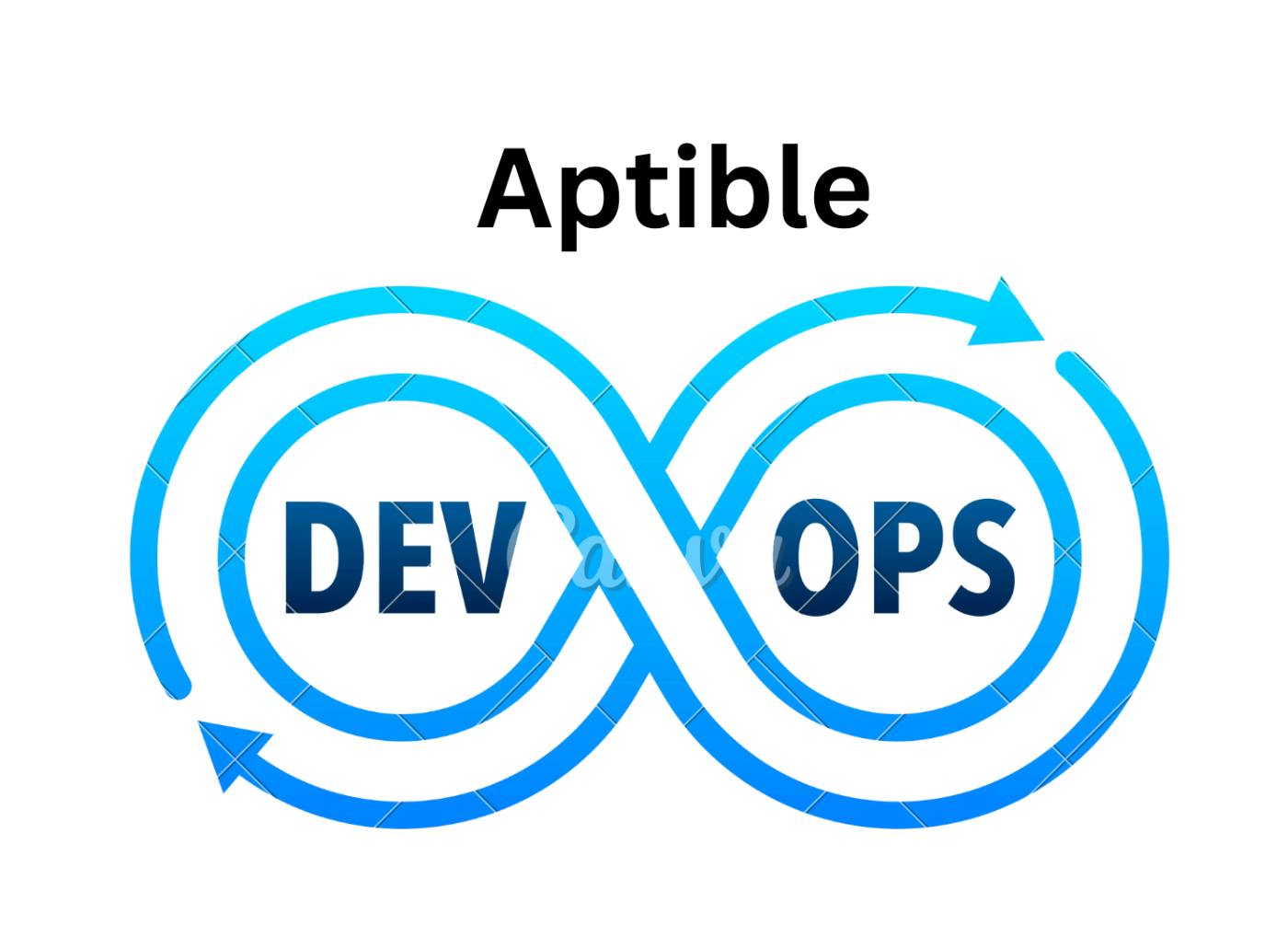
A passionate and highly organized, innovative Open-source Technical Documentation Engineer with 4+ years of experience.
About Author
A passionate and highly organized, innovative Open-source Technical Documentation Engineer with 4+ years of experience.
註釋
標籤
Related Stories
释放人工智能的力量。前沿技术的系统评价:摘要与介绍
Jan 20, 1970
成功云迁移的完整指南:策略和最佳实践
Jan 20, 1970
扬帆起航:利用数据湖开发生产级 RAG 应用程序
Jan 20, 1970
释放人工智能的力量。前沿技术的系统评价:摘要与介绍
Jan 20, 1970
成功云迁移的完整指南:策略和最佳实践
Jan 20, 1970
扬帆起航:利用数据湖开发生产级 RAG 应用程序
Jan 20, 1970
